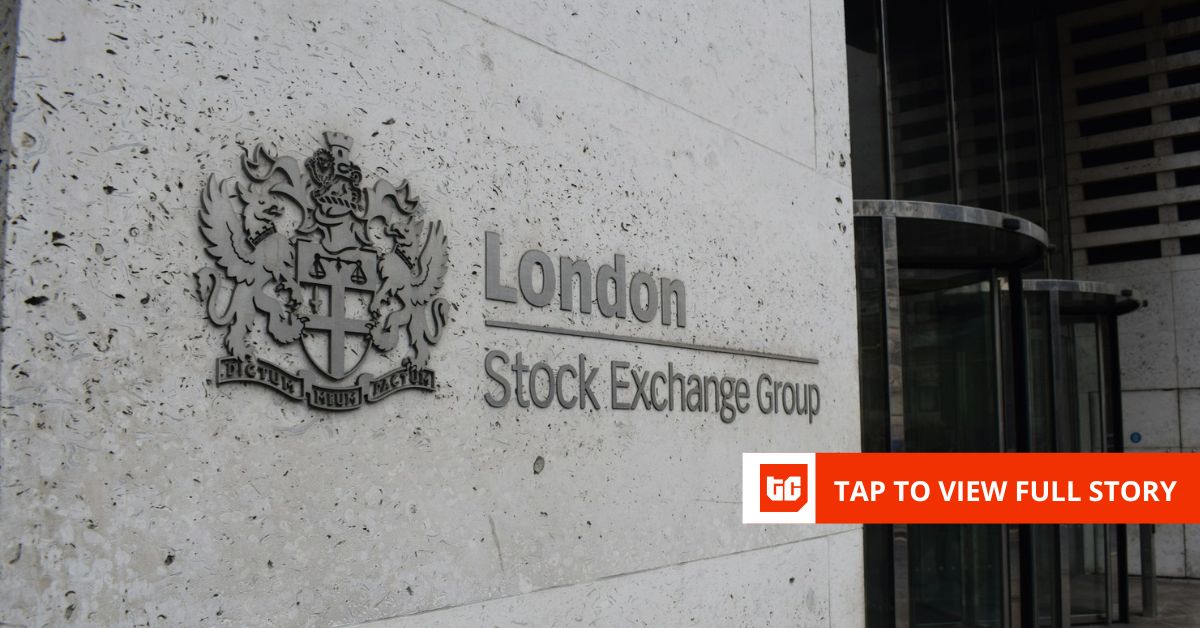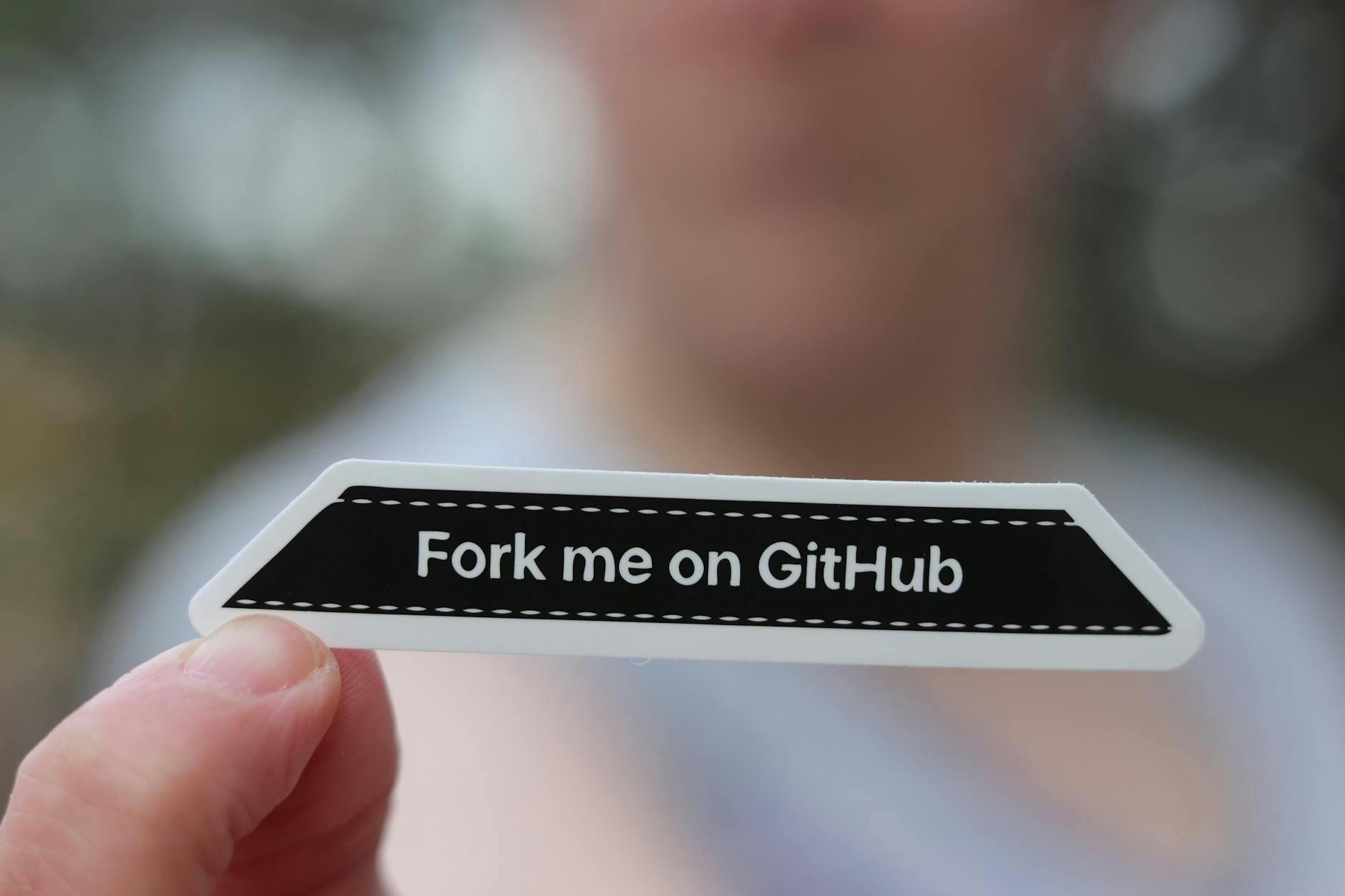When Airtel Africa listed in London in June 2019, it raised nearly $700 million and successfully entered the FTSE 100 within two years. Helios Towers followed soon after, securing a $364 million IPO and joining the FTSE 250 within just two months. These examples show the scale, pace, and visibility African companies can achieve when they tap global capital markets.
Yet for Africa’s new generation of high-growth, tech-driven companies, it’s been a road far less travelled. Legacy listing rules and the steep requirements of international exchanges were insurmountable barriers, leaving a gap between the continent’s burgeoning tech operators and its global capital offering – even as private capital continues to pour in, in record numbers.
Now, with London’s most significant listing reform in four decades – reducing the free-float requirement from 25% to 10%, removing the three-year revenue track record, and introducing other measures to speed up market entry – that trajectory may finally begin to change for African high-growth companies, if they seize the opportunity.
Why IPO?
An IPO is a transformational point in a company’s lifecycle, marking the moment a private company steps onto the global stage, standing shoulder to shoulder with international peers. It unlocks long-term capital, sustains growth, validates worth, and provides liquidity for shareholders and wider stakeholders alike.
The benefits ripple outward: a listing elevates a company’s brand, strengthens market positioning, and signals best-in-class as an operator, including governance. Customers, regulators, and investors notice. Employees feel it too, especially when they can own a part of the company they helped build, turning loyalty into active participation in growth.
Public shares also become a strategic tool. Liquid and tradable, they can finance expansion, acquisitions, or talent incentives. For founders, IPOs offer a window to create a legacy without the need to step away. For investors, they provide clear pathways to liquid returns, reinforcing the case for investing more capital into African companies and markets. History reinforces this upside. IPOs as a global asset class have consistently outperformed benchmarks.
London: Africa’s gateway to global capital
For African founders, choosing where to list is as important as deciding to list at all. London has been a financing partner for Africa for almost a century, offering companies both growth capital and global visibility through the London Stock Exchange.
Today, the LSE hosts about 110 African companies from over 20 countries, with a combined market capitalisation of over $110 billion, and has facilitated 90%+ of the continent’s international bond listings since 2023.
The market also offers a unique advantage of dual listings. Today, about fifty African companies have chosen to list both at home and in London, with some in an additional market, gaining access to international investors, global liquidity, and a platform for strategic acquisitions, without abandoning their local roots. Seplat Energy, for example, is listed in London and later used its shares to acquire $1.3 billion of ExxonMobil assets in Nigeria, with its LSE share price climbing 30% since the deal announcement (73% YTD).
Over a third of LSE-listed companies are international, giving London unmatched global reach. International investors own about 60% of the listed shares, against a backdrop of the UK’s £10.9tn asset management industry (3.6x the country’s 2023 GDP)
These are very interesting numbers, especially given the rarity of IPOs in Africa (of late), but they also signal the significant opportunities the new generation of companies on the continent, no matter the size, can tap into.
AIM: Charting the path to London’s main market
We must, however, acknowledge the current reality that not all African tech-driven companies are yet suited for the Main Market. The Alternative Investment Market (or AIM), established in 1995, however, provides a flexible, growth-friendly alternative. It acts less like a final destination and more like a launchpad, enabling founders to access public capital early while operating under a lighter regulatory framework suited to lean, founder-led companies.
AIM’s rules are intentionally lighter, offering a flexible, principles-based system centred on nominated advisers (or Nomads). Unlike the main market, it requires no revenue track record, minimum market cap, or free float. Its structure reduces listing costs and streamlines reporting. More than 60% of AIM-listed firms receive dedicated broker and analyst coverage, offering visibility that many private or smaller companies struggle to achieve on other exchanges.
AIM-listed companies can access a distinct segment of the UK investor base, including those participating in Venture Capital Trusts (VCTs) and Enterprise Investment Scheme (EIS) funds, which are designed to support high-growth businesses and incentivised by UK tax incentives. This investor appetite contributes to the UK’s thriving tech sector, valued at over £1 trillion, and demonstrates the depth of capital available for innovative companies navigating the early stages of growth.
Bridging the IPO-readiness gap
Even with London’s reforms, becoming IPO-ready remains a multi-year journey. Working with quality advisers who target Africa is key, their guidance clarifies the refining the equity story, choosing a favourable location for a topco’s incorporation, strengthening governance and financial reporting, shoring up internal controls and risk management, and finally evaluating the appropriate public market (AIM or Main Market). Timelines can accelerate (or slow) depending on internal readiness.
The key lesson is that the earlier a company begins its preparation (whether pursuing a private or a public raise), the more effectively it will leverage the global network of advisors, investors, and capital markets to accelerate growth and opportunity.
______
Tracey Austin is the Sector Director for Financial & Professional Services at the UK’s Department for Business & Trade (DBT). She has over 25 years of experience in banking and investing across most of Africa and other key emerging markets.
Mark your calendars! Moonshot by is back in Lagos on October 15–16! Join Africa’s top founders, creatives & tech leaders for 2 days of keynotes, mixers & future-forward ideas. Early bird tickets now 20% off—don’t snooze! moonshot..com









